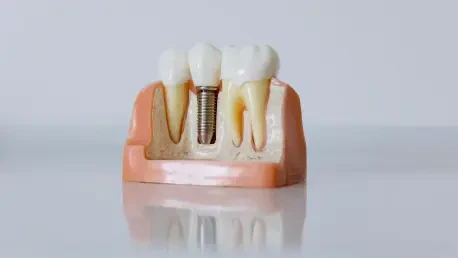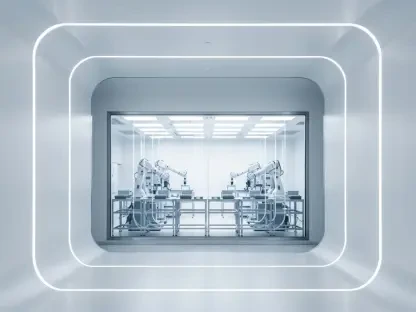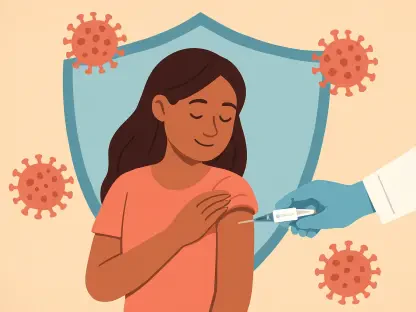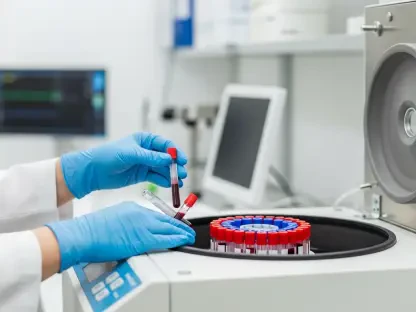The field of regenerative medicine has witnessed a groundbreaking development as an innovative clinical trial gets underway at Princess Alexandra Hospital. This trial focuses on the reconstruction of jawbones using advanced 3D-printed implants—marking a significant leap forward for both functionality and aesthetics. The collaboration involves Osteopore, a leading Australian-Singaporean company known for its pioneering work in biomimetic and bioresorbable implants. The trial intends to enroll 10 adult patients from Australia by 2028, offering a steady stream of data from participants to assess safety and efficacy. Patients will be monitored over a 36-month period following surgery to determine the long-term success of these implants in promoting bone regeneration. The endeavor aims to address critical challenges faced by individuals with jaw deformities, focusing on improving breathing, chewing, speaking, and ultimately enhancing psychosocial well-being.
Pioneering Partner in 3D Technology
As the trial progresses, attention is keenly focused on the RMAV technique’s capability in regenerating jawbone structure—a method previously successful in cranial and long-bone reconstructions. Dr. Michael Wagels, a prominent plastic surgeon spearheading the trial, underscores the method’s promise in minimizing morbidity and mortality risks associated with traditional bone reconstruction techniques. The goal is not only to verify this method’s efficiency but also to provide a blueprint for subsequent research that may refine these groundbreaking techniques. Significant to this joint venture, the collaboration taps into advanced 3D printing technology, allowing for precisely tailored implants that mimic natural bone architecture. Notably, this partnership has already facilitated Osteopore’s expansion into the European market, highlighting the broader implications of such strategic clinical collaborations in advancing regenerative medicine.
Ethical Approval and Future Implications
The trial recently received the go-ahead from the Human Research and Ethics Committee, marking a significant step towards its full clearance. This approval sets up a framework for applying and observing this innovative method in a clinical environment. Dr. Yujing Lim, CEO of Osteopore, highlights the main goal of advancing regenerative medicine with such partnerships, envisioning a future where personalized medicine reshapes traditional surgical techniques. The trial aims not only to validate existing theories but also to usher in a new era of biomimetic applications that could transform facial reconstruction. As the project gains momentum, there’s a strong focus on planning the next steps to broaden this technology’s use beyond just jawbones, potentially tackling other complex skeletal challenges.
This trial signifies a groundbreaking move in regenerative medicine that could redefine how jawbone and other reconstructive surgeries are approached. With ethical clearances in place and international efforts proceeding, the collaboration between Princess Alexandra Hospital and Osteopore exemplifies the fusion of cutting-edge technology and medical know-how. The trial’s results could change medical treatment methods, providing new hope for those facing challenging reconstructive procedures.









